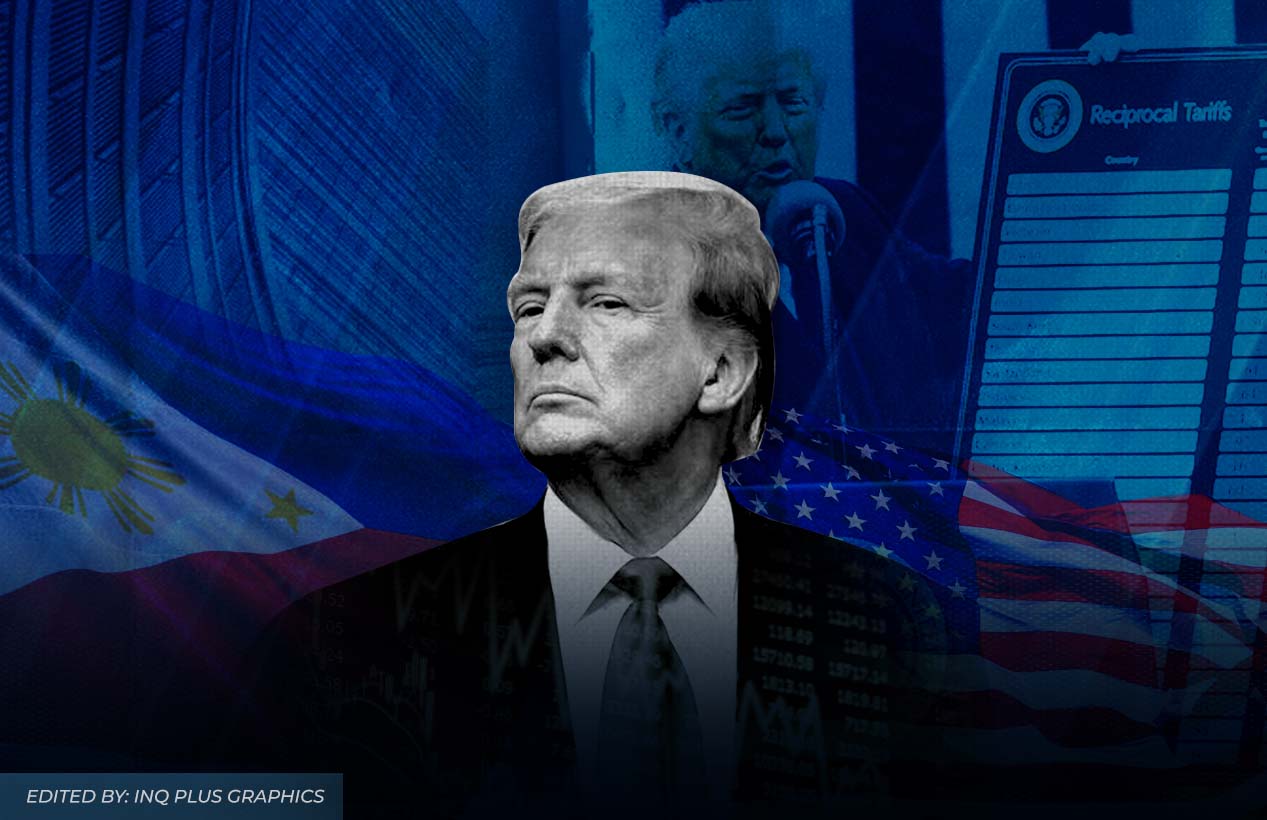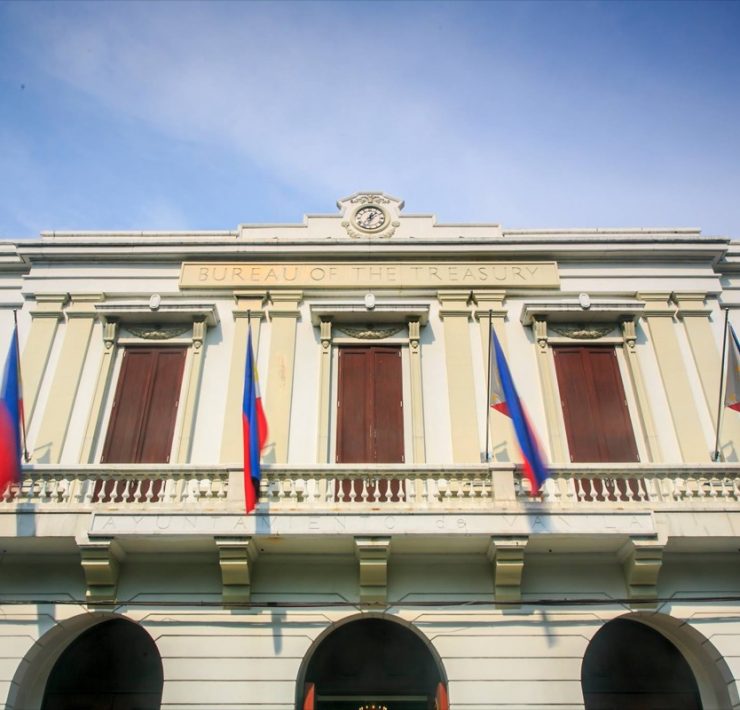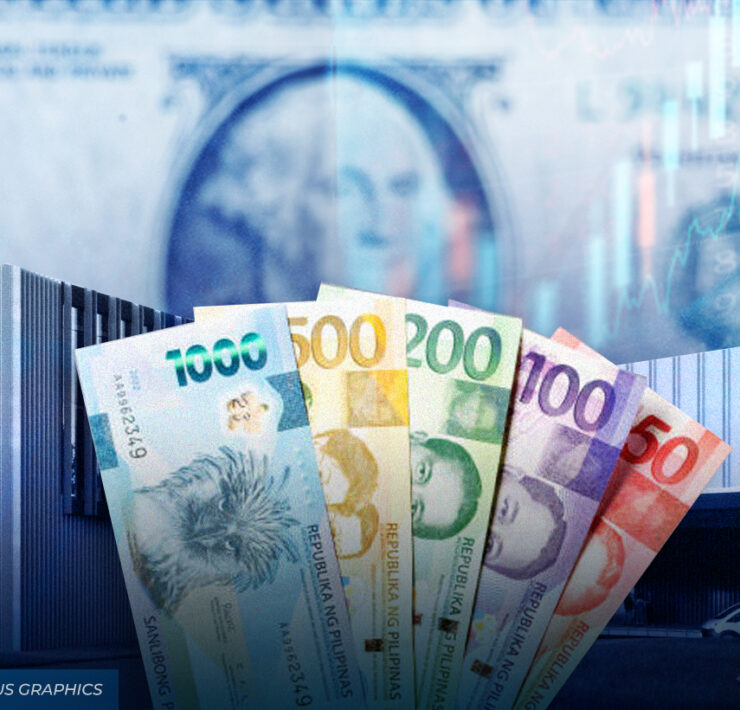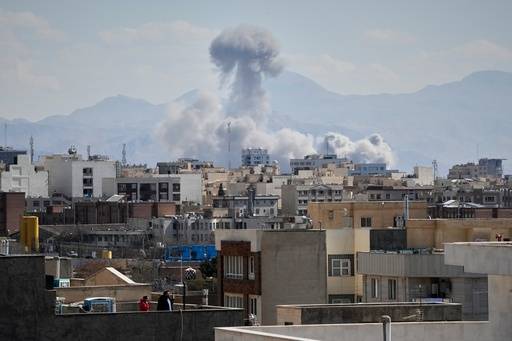Trump tariff feared to spoil FDI momentum

Net inflows of foreign direct investments (FDI) into the Philippines rose to a three-month high in April, but the higher-than-expected tariff on Filipino goods bound for America is feared to disrupt the momentum.
Preliminary data showed that $610 million more of job-generating foreign capital had entered the country against those that left during the month, growing by 7.1 percent year-on-year, the Bangko Sentral ng Pilipinas (BSP) reported on Thursday.
This pace of increase snapped five consecutive months of double-digit decline in FDI net inflow. Unlike foreign portfolio investments that leave at the first sign of trouble, FDIs are firmer commitments that can create jobs. That said, the government wants to attract more of these foreign funds, while keeping existing ones.
Since the beginning of the year, the country has seen $2.37 billion more FDI inflows than outflows. This amount, however, was 33.4 percent smaller than the net inflows recorded in the same period last year.
The BSP forecasts a $7.5 billion net inflow for the entire year.
20% US tariff coming
John Paolo Rivera, a senior research fellow at state-run think tank Philippine Institute for Development Studies (PIDS), said the increase in April FDI “suggests renewed investor interest in the Philippines as a production hub amid global supply chain shifts.”
“Strategic sectors like electronics and auto parts are attracting capital as firms diversify away from China and seek cost-effective alternatives in Southeast Asia,” Rivera said.
But the PIDS economist said the worse-than-expected tariff rate of 20 percent that the US would impose on the Philippines starting Aug. 1 could reduce the Southeast Asian country’s appeal to FDIs, especially in export-oriented industries.
“Investors may reassess the Philippines’ competitiveness compared to peers like Vietnam or Thailand, which may negotiate more favorable trade terms,” he said.
“To mitigate this, the national government must act quickly to engage in trade diplomacy with the US support affected sectors, and reinforce the country’s attractiveness through policy stability, incentives and logistics improvements,” he added.
Data showed that equity capital placements, a gauge of new FDIs, amounted to $112 million in April, up by 33.5 percent. But foreign capital that headed for the exit bloated by nearly 7 times to $108 million. This yielded a net equity capital investment of $4 million, plummeting by 94.1 percent.




















Taiwan’s military complacency risks US support